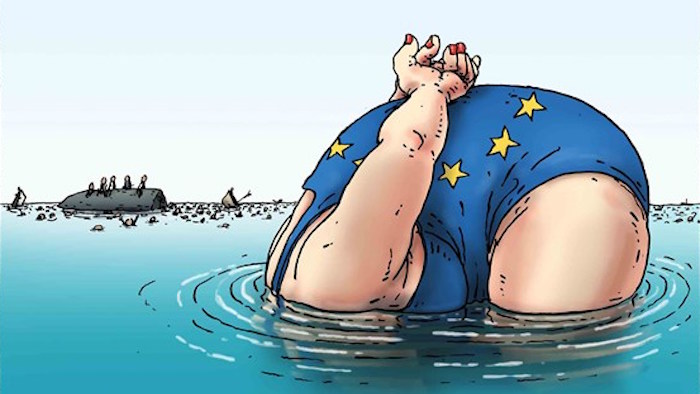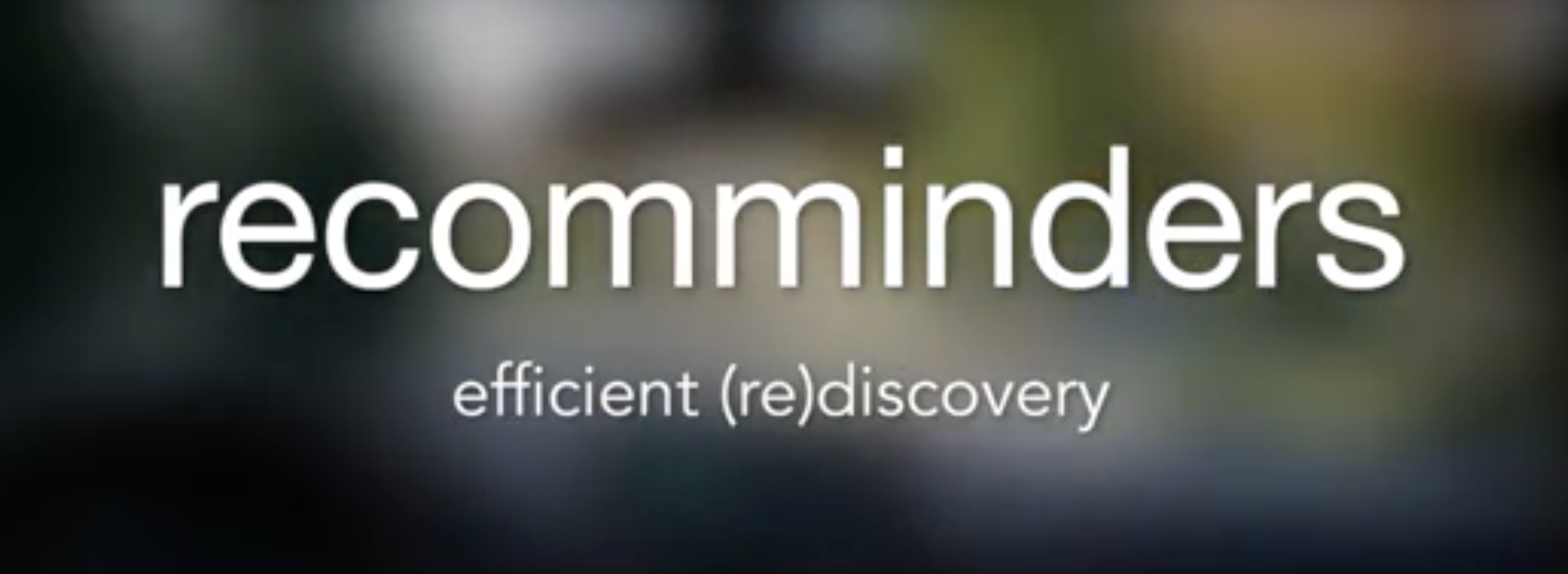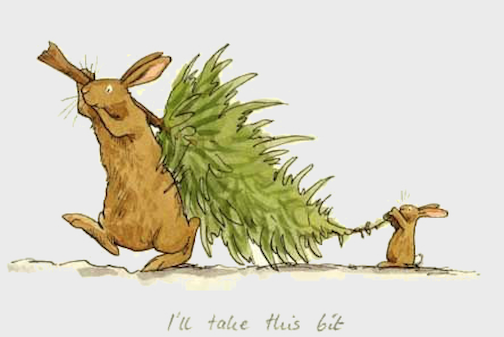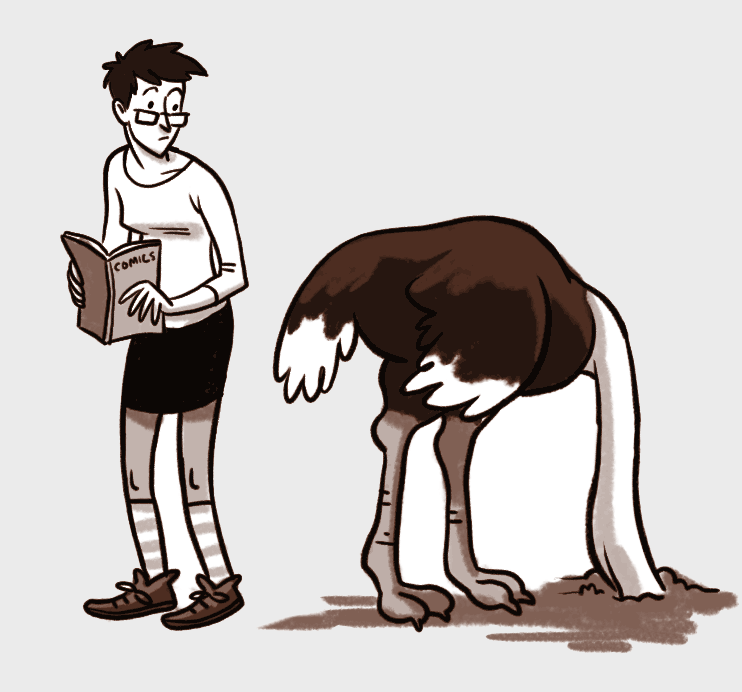Quentin Perrot
Explorer & Designer
I am a traveller. I explore culture. I people-watch. I look for the cracks that make them who they are. And I design around those c r a c k s.
My ethos is simple: enter an environment, observe, join in the colorful unknowns and empathize. Don't overthink it -- just be.

Usher
Shape your day on-the-go

Usher | CS147 Project
Usher situates itself in this space as a service that allows you to keep track of the things you want to do and readily shape your day's trajectory depending on your changing mood. In this way, travelers find a perfect balance between planned activities and spontaneity. Usher uses its recommendation engine to take the broad list of things you want to do and recommend the next thing as you explore. Pick up your phone in the morning, and let us usher you through an exploratory path that fits your personal preferences. This on-the-go experience is mirrored as much as possible in the application's design. Choose an activity, explore and repeat.
- Role: Project Manager, Documentation, Development
- Date: December 2014
Breathe Free
An Artistic Intervention against Trump's Travel Ban

Breathe Free | Art Intervention
In reaction to the Trump administration's travel ban, a team of 4 students decided to take over a fountain at Stanford University. Our main goal with our intervention, was to provide impetus for passersby to think about the immigration ban and the direct effect on refugees in zones of conflict. So, “Breathe Free” came to be. We decided to use the symbol of empty life jackets as a means to evoke death, an inability to travel freely, and the idea that refugees are currently not here in the United States, with us.
- Role: Researcher, Artist
- Date: February 2017
Fatal Journeys
Improving the Identification of Refugees in the Mediterranean

Fatal Journeys: Identifying Perished Refugees
Working with the Bureau of Population, Migration and Refugees in the State Department, a team of four researchers created a simple data storage system connecting NGOs with local authorities and forensics experts to better identify perished migrants in the Mediterranean and contact family members to give them more closure. After more than 100 interviews with stakeholders, we developed a low-tech solution based on tamper-proof bracelets to be deployed on-the-ground by our partners.
- Download File: lessonslearned.pptx
- Role: Researcher
- Date: December 2016
Republic Defiance for French Jews
The French Spirit perseveres in the wake of European Violence

Republic Deifanse for French Jews
In the face of growing anti-Semitic violence led by radical homegrown Islamists in France, the emigration of French Jews to Israel has increased dramatically. From 2013 to 2014, emigration increased by 120%. The French Revolution promised security and inclusion for French Jews, but anti-Semitic waves of violence and betrayal have pushed French Jews to question the Republic and its capacity to protect them. I argue that French Jews have developed a dual allegiance to both the French Republic and Zionism, consistent with a desire to stay in France. Despite growing fear, the coffin, surrounding the rise of radical Islam in France, French Jews are forgoing emigration, the suitcase, for support of the Republic and its values.
- Download File: republicandefiance.pdf
- Role: Source Analysis, Historical Research
- Date: June 2016
Stay Alert!
Real-time Driver Alertness Classifer

Stay Alert: Driver Alertness Classifier
Driving while drowsy inevitably leads to road accidents. There are about 100,000 crashes every year attributed to drowsy driving in the US, with an associated $12.5b in annual losses. In fact, as many as one third of fatal car accidents are linked to drowsy driving. It would be extremely useful if cars could determine whether the driver is alert or not in real-time. Hence, as part of a CS221 assignment, our team created a classifier that determines if a driver is alert or not alert, given environmental, phsyiological and vehicular data.
- GitHub Link: Classifier
- Role: Development, Research, Designer
- Date: October 2014
Recomminders
Filming Usage Scenarios

Recomminders
Outdated and disconnected means of recording information mean we lose track of the things we want to do in our spare time. Often times, we blame our hectic lives for not being able to focus on the things we have always wanted to do -- but we believe we can change that. Our mission is to make our users happier by enabling them to remember things they have always wanted to do or even recommending things to them directly at an opportune time based on their past wishes. We want to be the invisible facilitator between you with busy schedules and all the exciting experiences that await you in the real-world. With us, you will start awaiting for excitement to come to you - and not the other way round.
- Role: Designer, Strategy, Ideator, Actor
- Date: September 2014
Julius Excluded from Heaven
An Analysis of Erasmus' Satirical Piece

Julius Excluded from Heaven
Julius Excluded from Heaven is a dialogue that was written in 1514, commonly attributed to the Dutch humanist and theologian Desiderius Erasmus. It involves Pope Julius II, who had recently died, trying to persuade Saint Peter to allow him to enter heaven by using the same tactics he applied when alive. The dialogue is also supplemented by a "Genius" (his guardian angel) who makes wry comments about the pope and his deeds. In this essay, I analyze Erasmus' satirical take on the issue of war popes, and how the church's excesses paved the way to Luther's protestanism.
- Download File: julius.pdf
- Role: Source Analysis, Historical Research
- Date: January 2014
Every Little Bit Helps
A Philosophical Analysis of the Saying

General Framework for "Every Little Bit Helps"
When pooling together individual contributions toward some goal, people will sometimes say “every little bit helps.” When the contribution is little enough, however, it may be too small to help. For example, will my vote in a presidential election really make a difference? One vote in a pool of millions, arguably, does not matter. In this paper, we will analyze various examples to try and derive general principles for sorting cases into two distinct categories: one where every little bit helps, and one where every little bit does not.
- Download File: helps.pdf
- Role:Philosophical Thinking, Analytical Research
- Date: September 2013
Stance
Collecting Opinions on News Stories

Stance: An Opinions Digest
Our pitch is simple. I’m always so jealous of that guy at dinner parties who’s on top of his news game. Throw any current event at him and he’ll be on it. I know what you’re thinking, he’s just another glorified Wikipedia page - spitting out fact after fact. But no, this guy is in touch with the opinions on current events. Oh, he’ll tell you who the different stakeholders are and what they’re thinking. Try converse with him and you get this weird, weird feeling he knows what you’re thinking before you even say it. So, I finally worked up the courage to go ask him how he does it. Two words: opinions digest. OD is a daily digest that explores different questions about a news story through packaged opinions.
- GitHub Link: Opinions Digest
- Role:Designer, Development, Documentation
- Date: June 2015
Siembra
Collaborative Writing and Story Narration

Siembra: Collaborative Romantic Story Telling
Fifty Shades of Gray was a massive hit. Siembra inspires itself from this success. Siembra is an iOS application which allows its users to start romantic stories, collaborate on stories with the rest of the community, and enjoy professionally-narrated stories. Siembra also acts as a meeting place for like-minded storytellers and for young adults to find relevatn education. Siembra was developed by both me and a friend, Abraham Starosta, and was a first dive into iOS programming.
- GitHub Link: Siembra
- Role: Designer, Development
- Date: December 2015
Animal Consciousness
Similarity Arguments and their Limits

Animal Consciousness through Similarity Arguments
This paper is an exploration of how we could possibly attribute consciousness to our animal friends. To tackle the problem, I claim that we must use similarity arguments that rely on central similarities like behavior, neurobiology and evolutionary path. Closer scrutiny will reveal that we must be careful in using these similarities, as they sometimes push human chauvinistic ideas. This paper, then, will recommend that an analogical argument for the presence of consciousness in animals be based primarily on neurobiological human-abstracted similarity, and secondarily on behavioral and evolutionary similarities with humans.
- Download: Animal Consciousness
- Role: Researcher, Philosophical Thinking, Writer
- Date: November 2015
Critiquing the Critique
The Role of Groups and Experts in Feedback

An Investigation into Design Critique
Creative critique is a complex social and educational tool that allows designers to iterate on their designs at key times during a project’s realization. Different methods of delivery can introduce both positive and negative forces to a critique, influencing the general outcome of a student project. We present a study that investigates how the roles of the expert and the group in varying methods of delivery influences the success of web design critiques. Specifically, we examine how the role of group and expert contribute to answering student designers’ questions, offering concrete improvements, and influencing post-critique confidence levels. While our results were not statistically significant, we identify underlying trends that contribute to the effectiveness of a critique, including different kinds of idea generation in critique styles, reduced student participation in the presence of an expert, and the influence of an expert’s pre-existing critique style. This research was done with two other peers using a Stanford calls called CS91SI.
- Download: Design Critique
- Role: Researcher, Statistical Analysis, Writer
- Date: May 2015
Some Context
I am French, from Paris. I went to school in Tokyo, Japan. I speak a few languages - but not Japanese. I am studying Human Computer Interaction at Stanford University. I hope to touch people's lives with the things I build. This portfolio is a first step towards that goal.
My Superpower
As a child, I was lucky enough to have expat parents. As a result, I moved from country to country and got some amazing exposure to diverse cultures and ways of thinking. For example, living in Tokyo taught me so much about observation, curiosity and tolerance. When people behave or act in ways that are simply foreign to you, you have to take a step back and ask yourself why. Through my travels, I would say I have gained the delayed judgment superpower. I am lucky enough to really have a global and varied perspective, and as a result, I love to listen and learn from others.
Design Sprit Animal
You may be wondering why I claim to be a leech on my projects page. I understand your confusion and I want to give you a little context. Leeches are good at one thing: sucking blood. In my travels, I’ve found that the best way to truly understand your environment is to suck it all up. Unlike the leech, who actively sucks away, I prefer to sit quietly at the corner of a street and passively take it all in. Through careful observation, then, you are able to learn so much about your surroundings and the people who inhabit it.
My Timeline
My life has been one long plane ride across the world. Here is a quick timeline to help you sift through the dates.
- 1994-1997: Paris, France
- 1997-2000: Sydney, Australia
- 2000-2004: Milan, Italy
- 2004-2006: Tokyo, Japan
- 2006-2008: Paris, France
- 2008-2012: Tokyo, Japan
- 2012-Present: Stanford, USA

- Location: Stanford, CA
- Email: qperrot@stanford.edu
- Résumé: resume.pdf
- LinkedIn: www.linkedin.com/in/quentinperrot